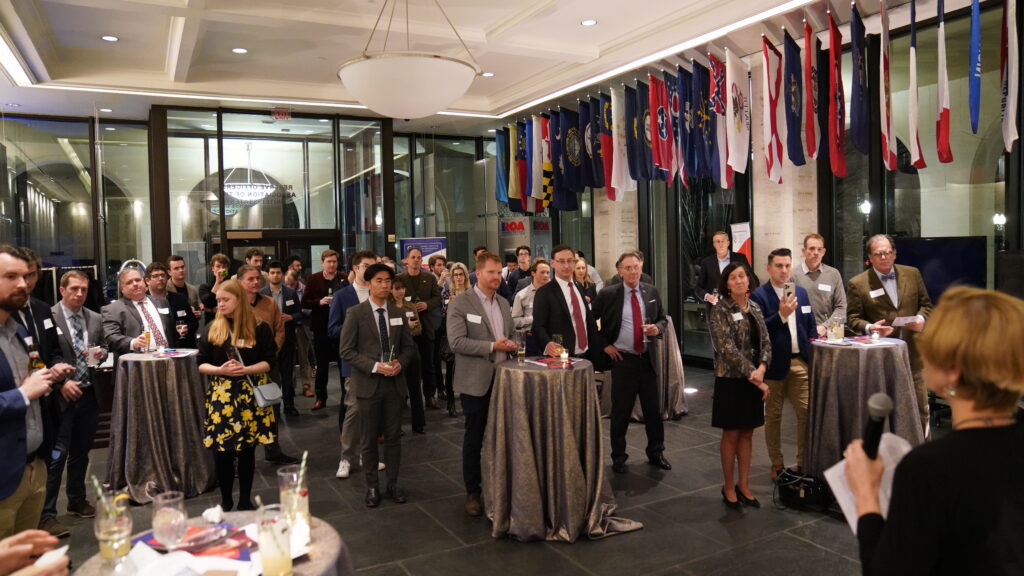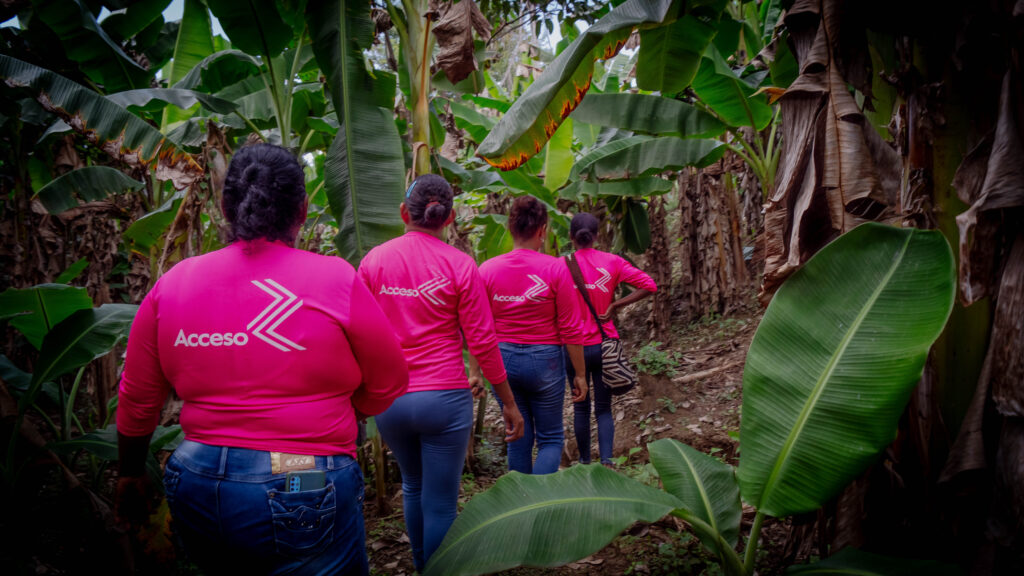Our Work
Below are some examples of the organisations supported by the Giustra International Foundation and the life-changing work they do.
International Crisis Group
The International Crisis Group is an independent organization working to save lives by preventing, mitigating and ending deadly conflict. In a more polarized, fragmented and dangerous world, Crisis Group’s work points a way forward. War is not inevitable; it is a man-made disaster which can be stopped. Crisis Group combines expert field research, analysis and engagement with local, national, regional and multilateral policymakers in order to effect change in the crisis situations and build support for the good governance and inclusive politics that enable societies to flourish. Crisis Group’s work is urgently needed as the world is confronted with both new and chronic existing conflicts, each of which has devastating humanitarian, social and economic costs. Efforts to resolve conflicts are complicated by the profound shift in geopolitics, as well as the increasing prominence of non-state actors ranging from religious militants to criminal gangs. Crisis Group engages directly with all sides of a conflict and decision-makers all over the world to seek and share information, and to encourage intelligent action for peace.
Since its founding in 1995, Crisis Group’s sharp analysis, insightful policy recommendations and local and global advocacy play a critical role in efforts to prevent, mitigate and resolve deadly conflict all over the world.
Funded by the Giustra International Foundation, the Giustra Fellowship program, established in 2016, has supported 12 emerging early career professionals to date. All are from conflict-affected countries or regions and benefit from Crisis Group’s mentorship, training and resources to advance their careers.
With the Foundation’s support, the Giustra Fellows, hired across Crisis Group’s regional programs, have had the chance to gain invaluable experience learning Crisis Group’s method of research and analysis through training and mentorship, and provides fellows with access to conflicts they would not otherwise have. What started as a program for three talented young analysts quickly grew into a successful initiative that has seen fellows gain first-hand experience in Crisis Group’s method of research and analysis, with some joining Crisis Group as full-time analysts and others taking challenging roles in other organisations. The fellows have greatly contributed to Crisis Group’s work of preventing and mitigating deadly conflict, across the organisation’s regional programs including Africa, Asia, Middle East and North Africa, Europe and Central Asia and Latin America & Caribbean.
The Giustra International Foundation also supports Crisis Group’s communications and advocacy work. As part of their advocacy, Crisis Group staff conduct more than 1,500 meetings per year worldwide with actors ranging from the Chancellor of Germany and the Prime Minister of Iraq to Mexican drug cartel leaders and communities in Northern Nigeria. We also convene workshops with local, regional and international stakeholders to share Crisis Group’s analysis and policy recommendations with the aim of saving lives and livelihoods by helping prevent, mitigate and resolve deadly conflict.

INARA
INARA’s vision is a world where every child has the agency to create a dignified life. Committed to its vision, INARA takes on the mission of filling in the gaps in access to life-altering services for children in communities impacted by human-induced and natural disasters. INARA, a 501(c)(3) registered charity, was founded in 2015 by Arwa Damon, CNN’s Senior International Correspondent, after spending more than a decade witnessing wounded children in warzones fall through the gaps, unable to access the medical care that they needed. INARA has operations in Lebanon, Turkey, Gaza, Ukraine, and Afghanistan. INARA’s holistic approach to the treatment of impacted children is at the core of their medical treatment program, mental health program, and family interventions. This is in addition to the Rapid Response Program activated in emergencies and crises. Besides offering access to needed medical care, INARA provides impacted children with case management services, mental health support, and full coverage of beneficiaries’ medical treatment until they are fully healed.
INARA has received funding from the Giustra International Foundation to support its medical program and its COVID-19 Relief campaign. Through the COVID-19 campaign, INARA provided hygiene and food packages to 1,500 refugee families in Lebanon and Turkey, reducing the coronavirus impact on already vulnerable communities while continuing to offer medical services to children under their care.

The Quincy Institute

Acceso

Seventy percent of the world’s poor reside in rural areas, where agriculture is the dominant activity. Unfortunately, small-scale farming is rarely profitable, which keeps most rural communities trapped in poverty. To address these challenges, Acceso operates locally-led agribusinesses that prioritize the needs of farmers, providing access to inputs, training, and reliable markets, as well as creating much-needed rural jobs for community members. Through these efforts, agriculture becomes the engine to fuel community empowerment, resilience, and economic opportunity.
Acceso works with over 48,000 smallholder farmers across thousands of rural communities in Colombia, El Salvador, Haiti, and Guatemala. With the support from the International Giustra Foundation and other donors, Acceso has aggregated and delivered tens of thousands of tons of local farmer production to hundreds of formal buyers, injecting over $100 million into rural farming communities.

